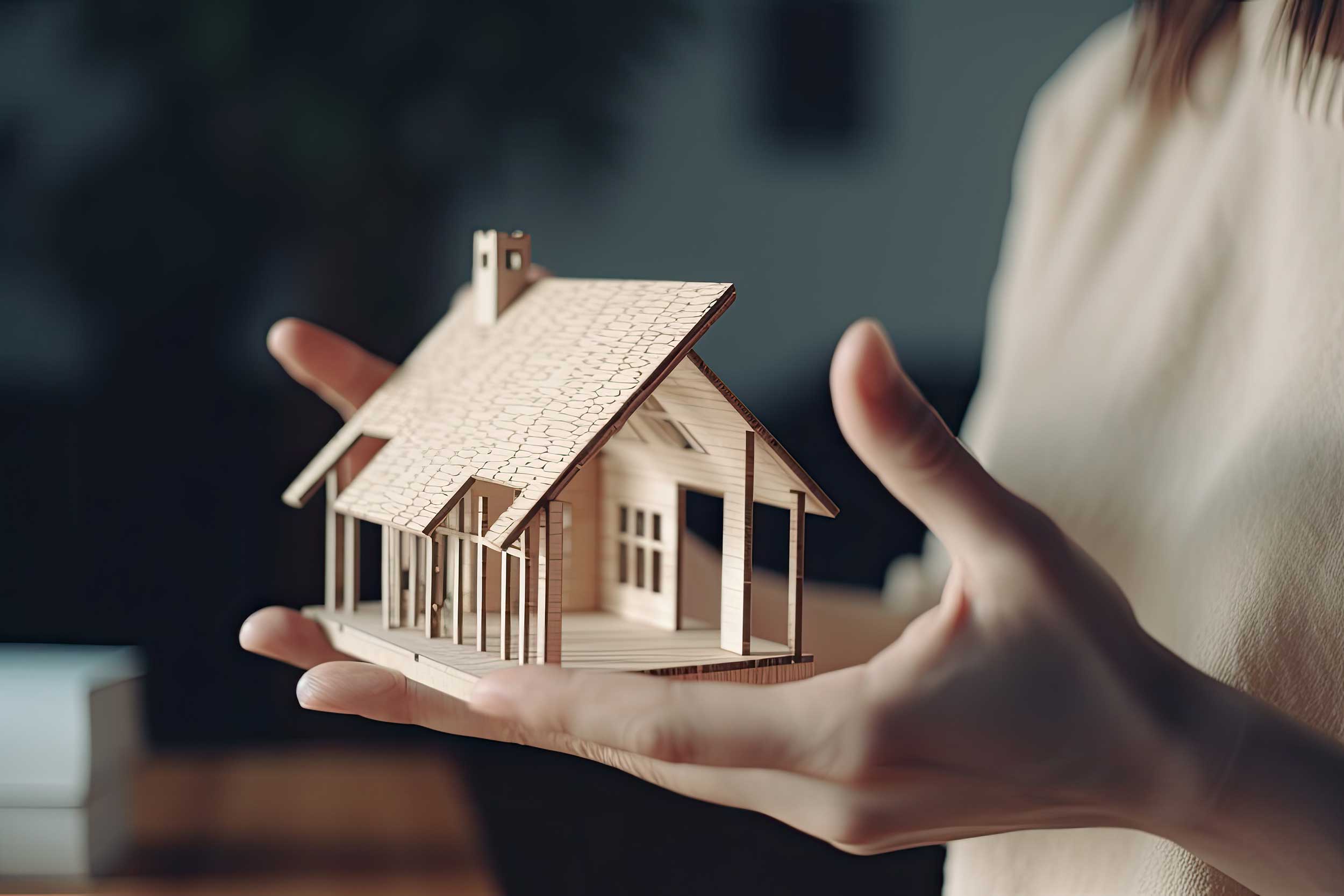That means you earned $10,000 with an investment of $40,000. Your annual “return on investment” would be a whopping twenty-five percent. Of course, you are making mortgage payments and paying property taxes, along with a couple of other costs. However, since the interest on your mortgage and your property taxes are both tax deductible, the government is essentially subsidizing your home purchase.
Your rate of return when buying a home is higher than most any other investment you could make. If you are moving to a home for the first time, you are going to be very pleased with all the new space you have available. You may have to even buy more “stuff.”
INCOME TAX SAVINGS
Because of income tax deductions, the government is basically subsidizing your purchase of a home. All of the interest and property taxes you pay in a given year can be deducted from your gross income to reduce your taxable income.
For example, assume your initial loan balance is $150,000 with an interest rate of eight percent. During the first year you would pay $9969.27 in interest. If your first payment is January 1st, your taxable income would be almost $10,000 less – due to the IRS interest rate deduction.
Property taxes are deductible, too. Whatever property taxes you pay in a given year may also be deducted from your gross income, lowering your tax obligation.
STABLE MONTHLY HOUSING COSTS
When you rent a place to live, you can certainly expect your rent to increase each year – or even more often. If you get a fixed rate mortgage when you buy a home, you have the same monthly payment amount for thirty years. Even if you get an adjustable rate mortgage, your payment will stay within a certain range for the entire life of the mortgage – and interest rates aren’t as volatile now as they were in the late seventies and early eighties.
Imagine how much rent might be ten, fifteen, or even thirty years from now? Which makes more sense?
FORCED SAVINGS
Some people are just lousy at saving money, and a house is an automatic savings account. You accumulate savings in two ways. Every month, a portion of your payment goes toward the principal. Admittedly, in the early years of the mortgage, this is not much. Over time, however, it accelerates.
Second, your home appreciates. Average appreciation on a home is approximately five percent, though it will vary from year to year, and in some years may even depreciate.. Over time, history has shown that owning a home is one of the very best financial investments.
FREEDOM AND INDIVIDUALITY
When you rent, you are normally limited on what you can do to improve your home. You have to get permission to make certain types of improvements. Nor does it make sense to spend thousand of dollars painting, putting in carpet, tile or window coverings when the main person who benefits is the landlord and not you.
Since your landlord wants to keep his expenses to a minimum, he or she will probably not be spending much to improve the place, either.
When you own a home, however, you can do pretty much whatever you want. You get the benefits of any improvements you make, plus you get to live in an environment you have created, not some faceless landlord.
MORE SPACE
Both indoors and outdoors, you will probably have more space if you own your own home. Even moving to a condominium from an apartment, you are likely to find you have much more room available – your own laundry and storage area, and bigger rooms. Apartment complexes are more interested in creating the maximum number of income-producing units than they are in creating space for each of the tenants.
If you are moving to a home for the first time, you are going to be very pleased with all the new space you have available. You may have to even buy more “stuff.”



